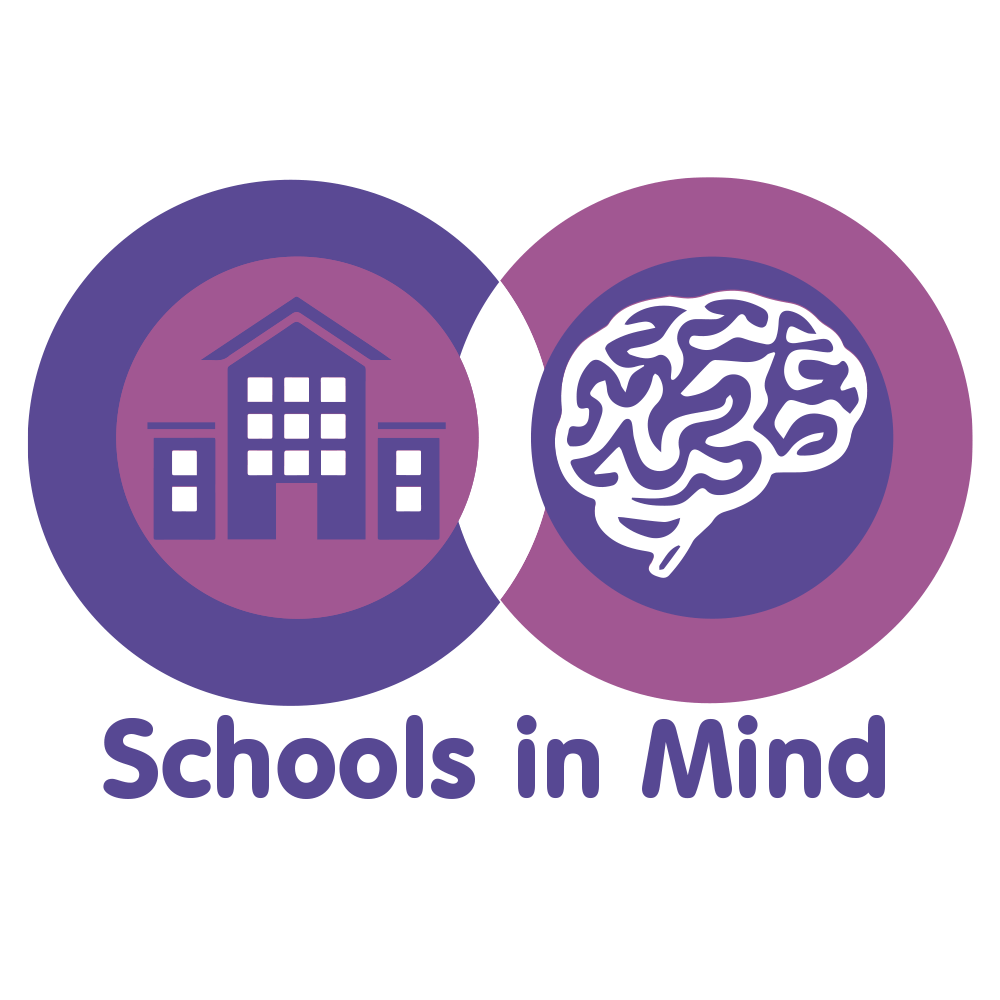Emotional regulation is a crucial skill that children must learn as they grow and develop. It is the ability to recognize, understand, and manage one’s own emotions in a healthy and adaptive way. As children go through different stages of development, they encounter a range of emotions that can be challenging to manage. Hence, it is crucial for parents and caregivers to teach children how to regulate their emotions.
Here are some of the reasons why teaching children to regulate their emotions is so important:
- Develops Resilience: When children learn how to manage their emotions, they develop resilience. They learn how to cope with the ups and downs of life, and this helps them deal with challenging situations in a more positive way. By developing resilience, they can bounce back from negative experiences and adapt to change.
- Better Social and Emotional Skills: Children who learn emotional regulation also tend to have better social and emotional skills. They are better at communicating their feelings, they have healthier relationships with others, and they are more empathetic towards other people’s emotions. This helps them build stronger bonds with family members, peers, and teachers, which in turn improves their well-being.
- Improved Mental Health: Children who have good emotional regulation skills tend to have better mental health. They are less likely to develop mental health problems, such as anxiety or depression. They are also more likely to develop positive coping mechanisms that can help them deal with stress and anxiety.
- Better Academic Performance: Children who learn how to regulate their emotions tend to perform better academically. They are better able to focus on tasks and manage their time effectively. This helps them learn more efficiently and achieve better grades.
So how can parents and caregivers help children learn emotional regulation? Here are a few tips:
- Model Good Emotional Regulation: Parents and caregivers must model good emotional regulation themselves. Children learn by example, so it is important to show them how to handle their emotions in a healthy way.
- Teach Mindfulness: Mindfulness is an effective technique for improving emotional regulation. It helps children learn how to focus their attention on the present moment, rather than getting caught up in their emotions.
- Encourage Open Communication: Encourage children to talk about their emotions openly and without judgment. This helps them learn how to identify and label their emotions, which is a crucial step in emotional regulation.
- Provide Positive Feedback: Children need positive reinforcement when they demonstrate good emotional regulation skills. Praise them when they handle their emotions well, and help them learn from mistakes when they do not.
In conclusion, emotional regulation is a critical skill that children need to learn. By developing emotional regulation skills, children can develop resilience, better social and emotional skills, improved mental health, and better academic performance. Parents and caregivers can help by modelling good emotional regulation, teaching mindfulness, encouraging open communication, and providing positive feedback. By doing so, they can help children develop the skills they need to thrive and succeed in life.












